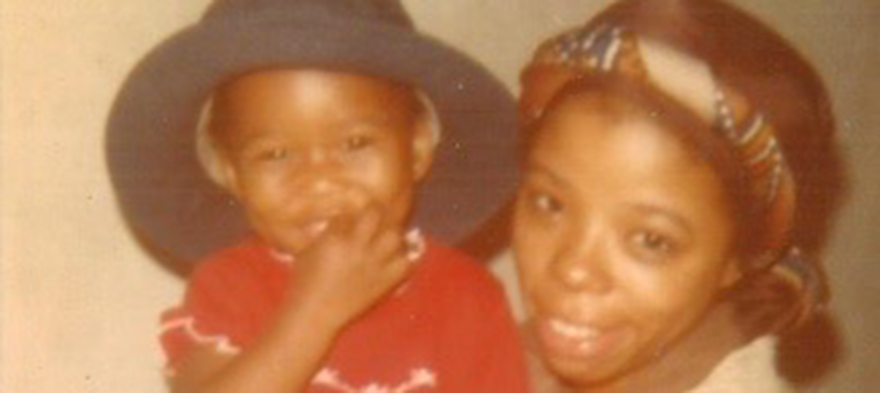
Jun 6, 2018 12:00:00 AM
LeeAndra Khan is CEO of Civitas Education Partners. Previously she served as a middle school principal in Oak Park, Illinois, and formerly spent 10 years in three Chicago high schools as a principal, assistant principal and math teacher. Before beginning her journey into education, she spent 10 years as a civil engineer designing roads, highways, gas stations and bridge inspections. LeeAndra is the mom of one son and the daughter of a retired Chicago police officer. Watch her TEDx Talk on teacher voice and leadership beyond the classroom, where she tells a story about how a school culture transformed through teacher influence. In August 2017, she came together with more than 40 other African-American parents, students and teachers to talk about the Black experience in America's public schools. These conversations were released as a video series in Getting Real About Education: A Conversation With Black Parents, Teachers and Students.
The story you tell yourself about your own math ability tends to become true. This isn’t some Oprah aphorism about attracting what you want from the universe. Well, I guess it kind of is, but...
If you have a child with disabilities, you’re not alone: According to the latest data, over 7 million American schoolchildren — 14% of all students ages 3-21 — are classified as eligible for special...
The fight for educational equity has never been just about schools. The real North Star for this work is providing opportunities for each child to thrive into adulthood. This means that our advocacy...
Your donations support the voices who challenge decision makers to provide the learning opportunities all children need to thrive.
Ed Post is the flagship website platform of brightbeam, a 501(c3) network of education activists and influencers demanding a better education and a brighter future for every child.
© 2020–2024 brightbeam. All rights reserved.
Leave a Comment